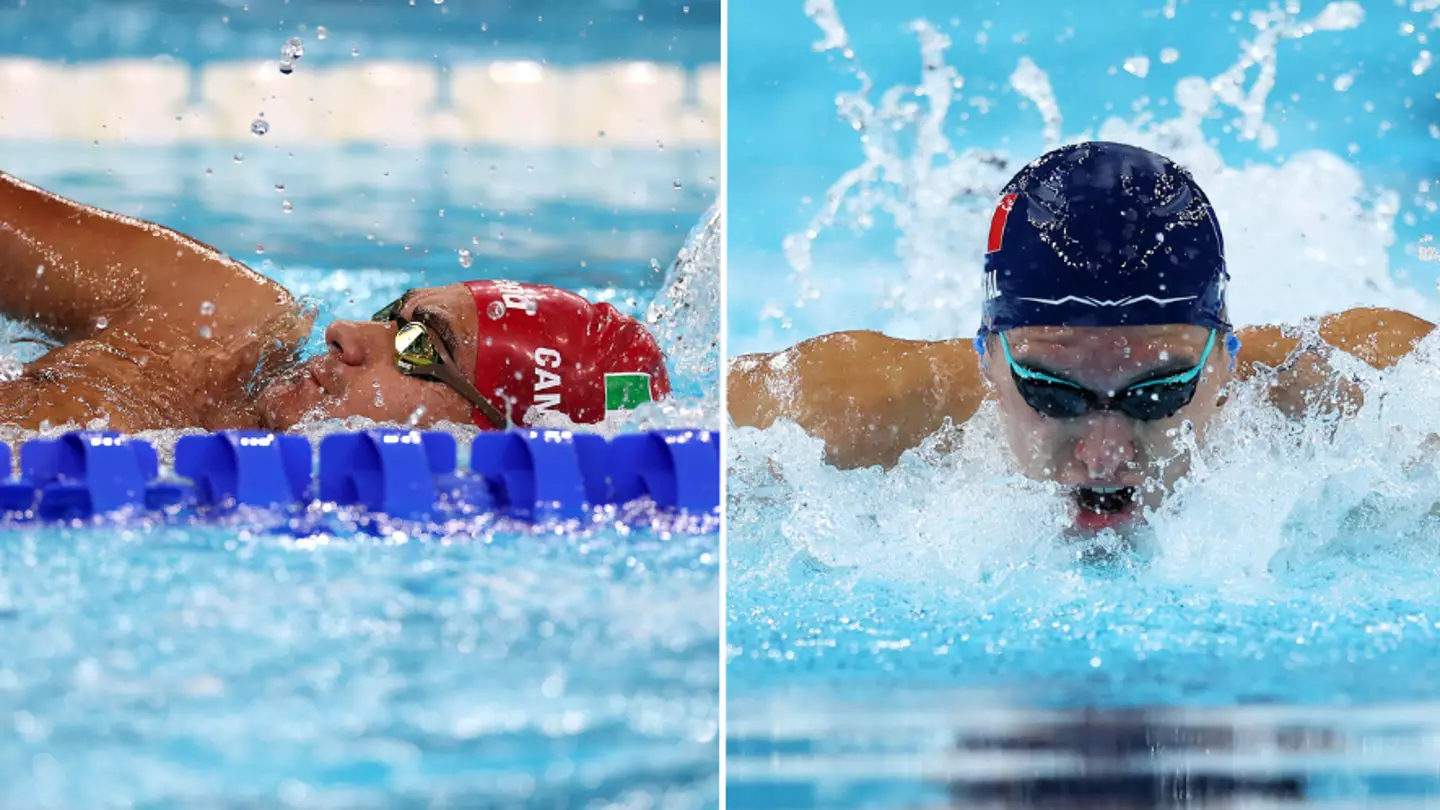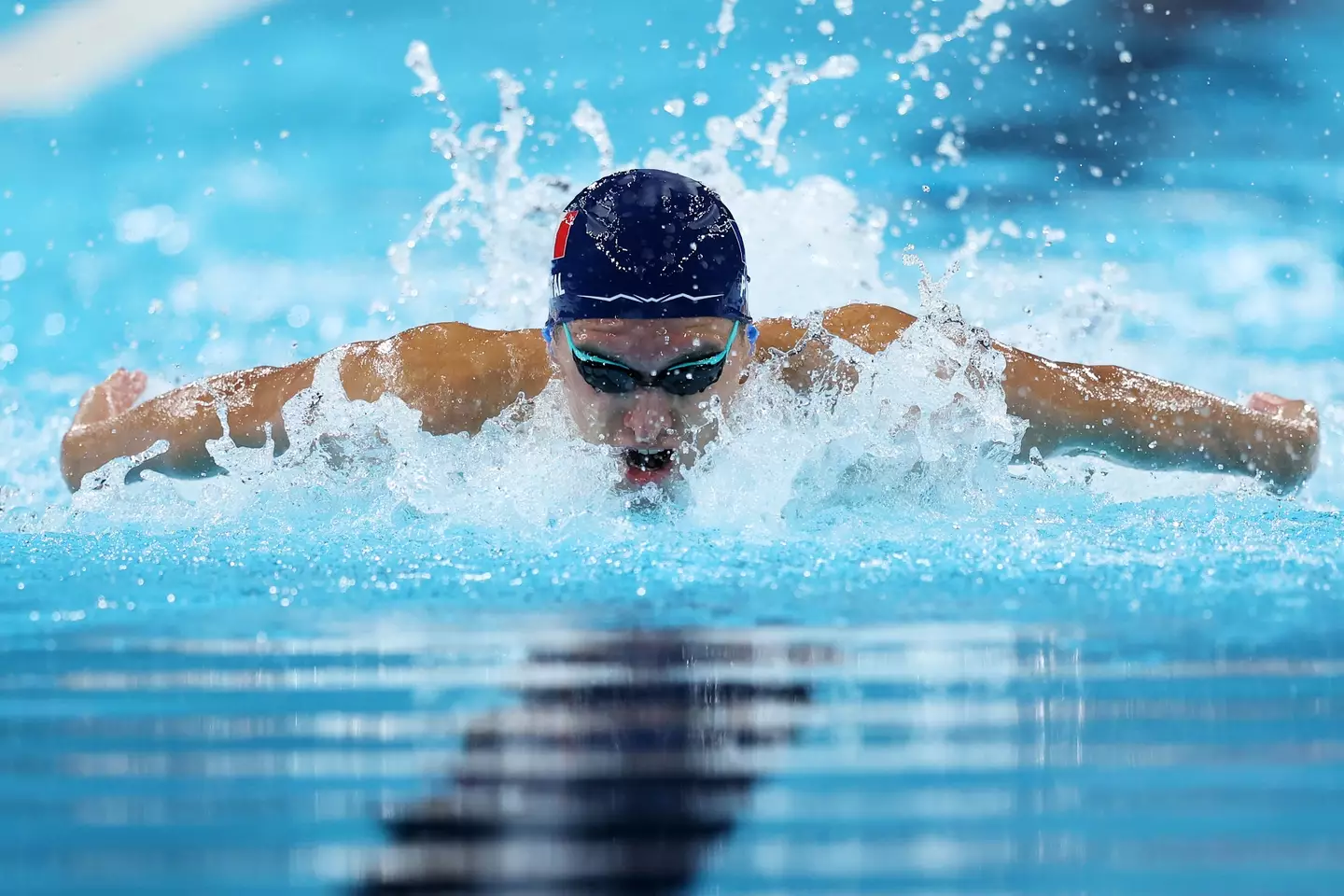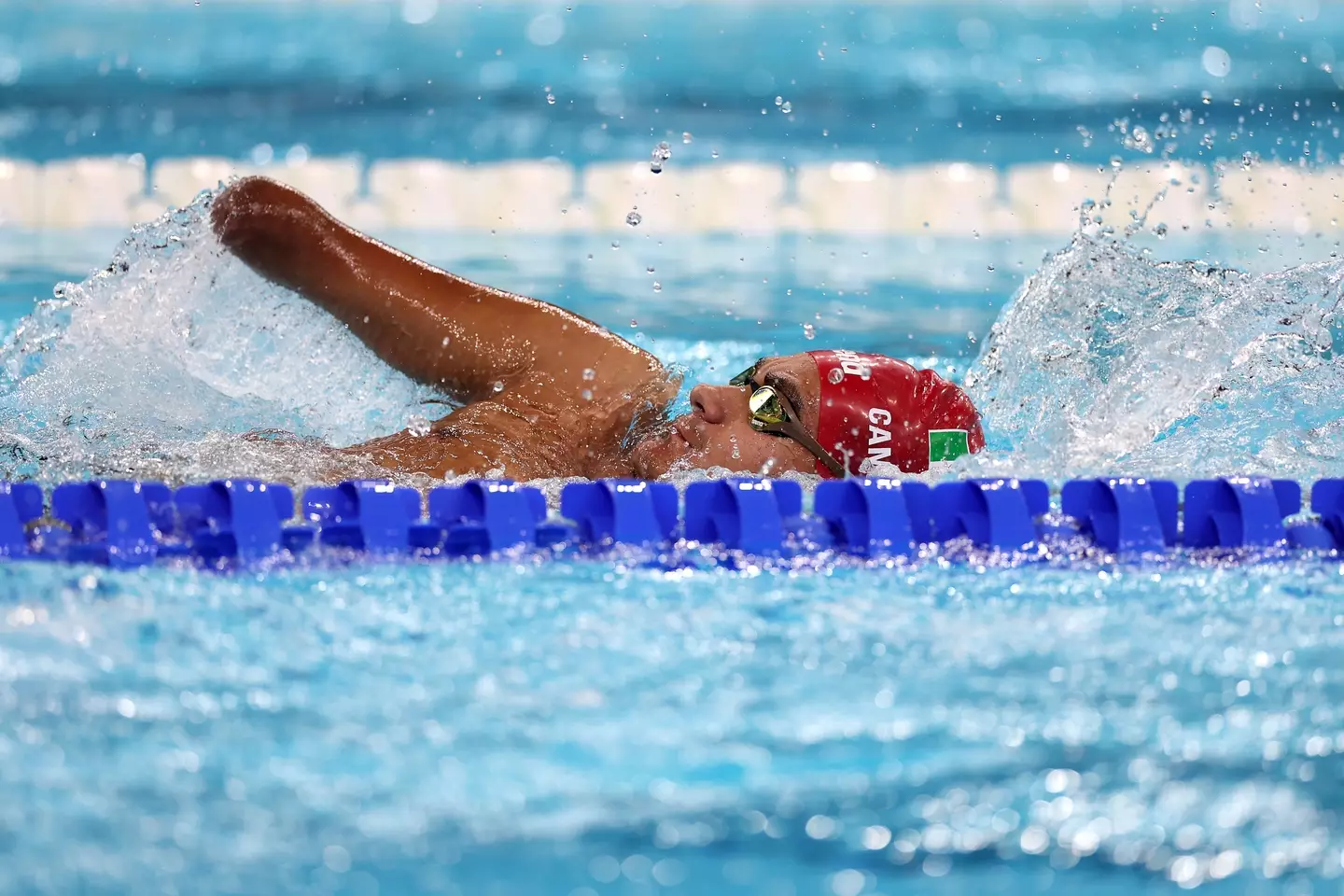
The wait is finally over as the 2024 Paralympics has finally kicked off today (29 August) and will run until early next month (8 September).
Now, there will be 22 sports which the athletes will compete in for and viewers tuning in across the globe will be quick to notice several different categories for each event.
And one of the very first sports to take place is para swimming, starting off on Thursday (29 August).

Advert
As part of safeguarding the 'integrity of fair competition' all Paralympics sports have a system in place which 'aims to ensure that winning is determined by sporting factors such as skill, fitness, power, endurance, tactical ability and mental focus, the same factors that account for success in sport for able bodied athletes'.
There are 10 'eligible impairments' for Paralympic swimmers which include; impaired muscle power, involuntary movements, impaired passive range of movement, muscle tension, limb deficiency, uncoordinated movements, leg length difference, short stature, intellectual impairment and vision impairment.
Viewers will notice that the sport class names in swimming consist of a prefix 'S' or 'SB' and a number - but what does this mean?
Well, according to World Para Swimming, the prefixes stand for the strokes and the number indicates the sport classes.
In short, 'S' stands for freestyle, butterfly and backstroke events while 'SB' stands for breaststroke.
However, 'SM' is given to athletes competing in individual medley events.

There are 10 different sport classes for athletes with physical impairment, numbered one to 10 while athletes with a vision impairment compete in three sport classes from S/SB11 to S/SB13.
"Athletes with different impairments compete against each other, because sport classes are allocated based on the impact the impairment has on swimming, rather than on the impairment itself," the organisation notes.
In order to 'ensure a fair competition', athletes in the S/SB11 sport class are required to wear blackened goggles.
And, to keep things safe, all S/SB11 swimmers must use a tapper - an assistant outside of the pool who taps the athlete when they get close to one end of it.
Swimmers in the S/SB12 and S/SB13 sport classes have the option to decide whether or not they wish to use one.
S14 swimmers have an intellectual impairment, which typically leads to the athletes having difficulties with regards to pattern recognition, sequencing, and memory, or having a slower reaction time, which impacts sport performance in general.
Topics: Paralympics, Sport